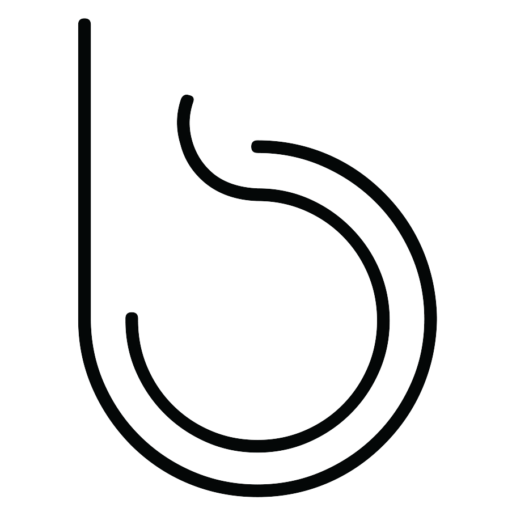
IVF and ICSI
What are IVF and ICSI?
IVF (In Vitro Fertilisation) and ICSI (Intracytoplasmic Sperm Injection) are advanced fertility treatments that help individuals and couples overcome barriers to conception. IVF involves fertilising an egg with sperm outside of the body in a controlled environment, while ICSI is a specialised form of IVF where a single sperm is injected directly into the egg to enhance the chances of fertilisation. These treatments are designed to support those facing challenges such as male factor infertility, blocked fallopian tubes, endometriosis, or unexplained infertility.
Who are IVF and ICSI For?
IVF and ICSI are suitable for individuals and couples experiencing difficulties with natural conception. This includes those with conditions like:
-
Blocked or damaged fallopian tubes
-
Male factor infertility (e.g., low sperm count or motility)
-
Endometriosis
-
Unexplained infertility
-
Advanced maternal age
-
Those looking to preserve fertility through embryo freezing
These treatments are also an option for same-sex couples and single women who wish to start a family.
Dr Shabana Bora, MBBS, MRCOG
IVF and ICSI are more than just treatments—they are pathways to possibility, offering hope and opportunity for those facing challenges in starting a family.
The Procedure
The IVF and ICSI process involves several key steps:
Ovarian Stimulation
Hormonal medications are used to stimulate the ovaries to produce multiple eggs.
Monitoring
Regular ultrasound scans and blood tests are performed to track follicle development and hormone levels.
Egg Retrieval
A minor procedure under sedation to collect mature eggs from the ovaries.
Fertilisation
In IVF, eggs are combined with sperm in a lab, while in ICSI, a single sperm is injected directly into each mature egg.
Embryo Culture
The fertilised eggs (embryos) are monitored as they develop over a few days.
Embryo Transfer
A selected embryo is transferred to the uterus, with any remaining healthy embryos available for freezing.
What to Expect
IVF and ICSI are safe and widely practiced, with thousands of families successfully created each year. The procedure is well-tolerated, though some women may experience mild discomfort during ovarian stimulation. Recovery from egg retrieval is usually quick, and embryo transfer is a simple, painless procedure. Success rates depend on various factors, including age and individual health conditions, and our team provides personalised guidance throughout your journey.
Common Questions
Is IVF or ICSI painful? The procedures are generally well-tolerated. Egg retrieval is performed under sedation, and embryo transfer is typically painless.
How long does the IVF/ICSI process take? A typical IVF/ICSI cycle takes about 4–6 weeks from start to finish, including ovarian stimulation and embryo transfer.
What are the success rates of IVF and ICSI? Success rates vary based on age and individual circumstances. We provide personalised assessments to give you realistic expectations.
Can I freeze any remaining embryos? Yes, any healthy embryos not used in the initial cycle can be frozen for future use.
Is there a difference between IVF and ICSI? Yes, while IVF allows sperm to fertilise the egg naturally in a lab, ICSI involves injecting a single sperm directly into the egg, which is especially helpful in cases of male factor infertility.
Your Next Steps
If you are considering IVF or ICSI, book a consultation with us to explore your options and begin your journey towards parenthood. We are here to provide expert guidance and compassionate care at every stage.
